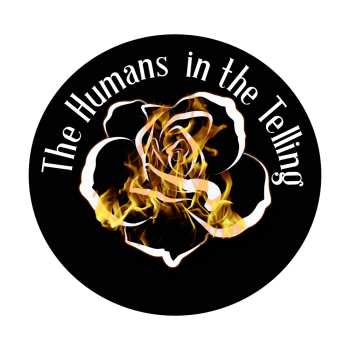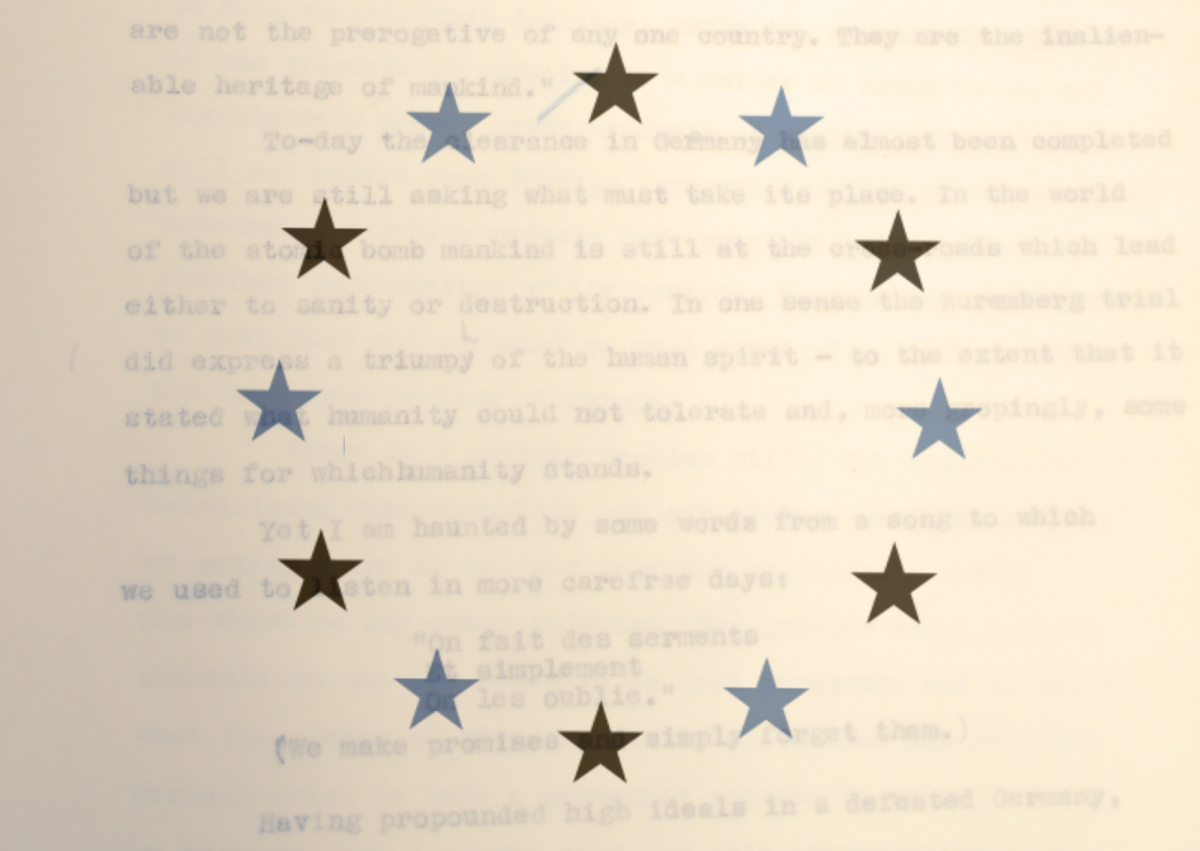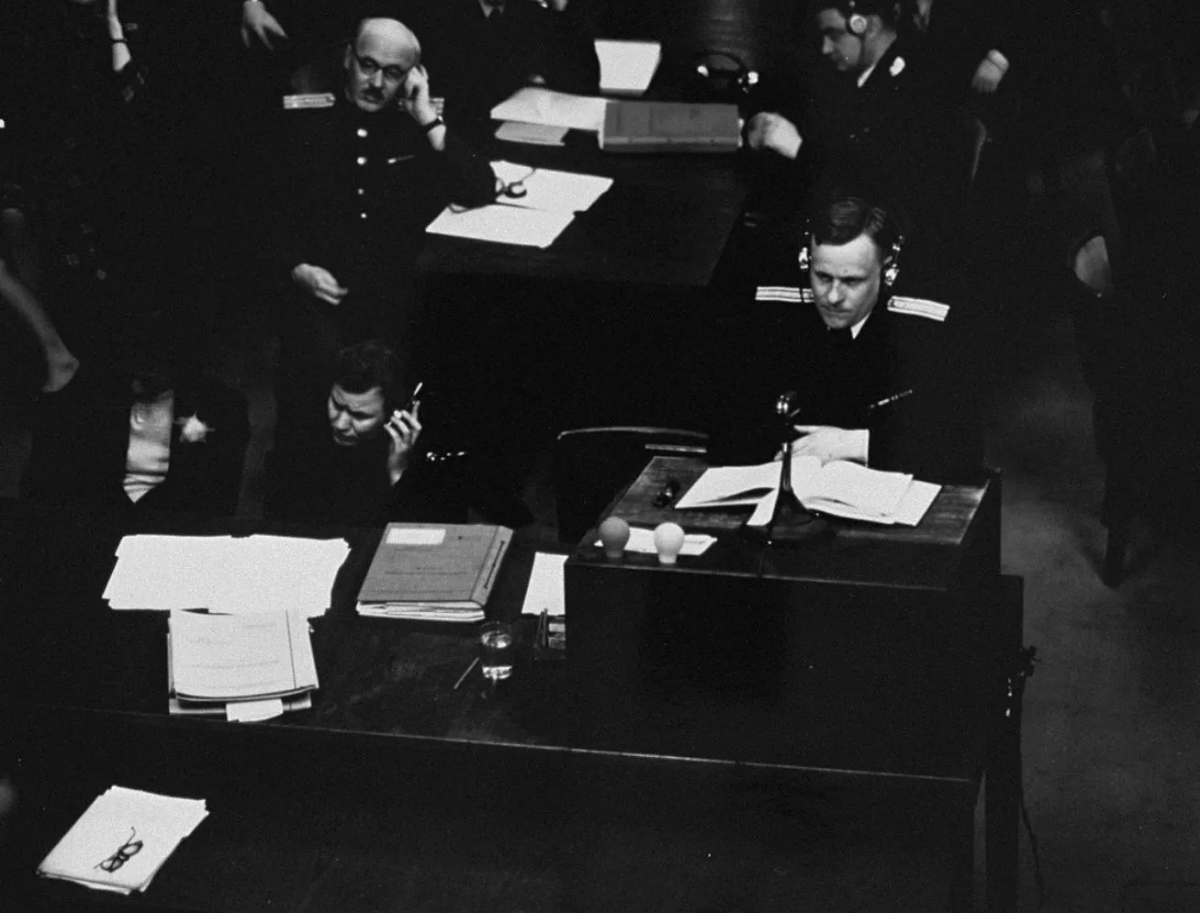Amongst the personal papers of David Maxwell Fyfe unearthed in the vaults of Allen & Overy 25 years ago was a transcript of a speech that he made in Brussels in December 1947. Its uncanny understanding of the consequences of tyranny, both mundane and inhumane, has provided a guide over the past decade, as authoritarianism has crept into the government of our country. Tom Blackmore returns to its wisdom in light of recent events.
The JCHR’s analysis strikes me as measured and convincing. Contrary to the Prime Minister’s view that if the Bill ‘went further’ it would breach international law, the Committee’s analysis suggests that the Bill as drafted is ‘already’ incompatible with international law.
Professor Mark Elliott on the Joint Committee Human Rights scrutiny of the Safety of Rwanda Bill
One of the advantages of our uncodified constitution is the unfettered power of our sovereign parliament to create law
Robert Jenrick MP on his resignation as Immigration Minister
We tell the story of the birth of modern human rights through the eyes of one its artisans, David Maxwell Fyfe. David was first a prosecutor at the Nuremberg War Crimes Trials and then a member of the Parliamentary Assembly of the Council of Europe. The first role gave him a unique insight into the Nazi mind which bred barbarity and terror, and the second a platform to champion the protection of human rights and fundamental freedoms in Europe
We perform Dreams of Peace & Freedom to tell that story of David Maxwell Fyfe’s journey from Nuremberg to Strasbourg in his own words and the words that inspired him set to music by Sue Casson, and to protest.
On 23rd December 1947 David said in a speech :
Mankind is at the crossroads that leads either to sanity or destruction.
In one sense Nuremberg did express a triumph of the human spirit – to the extent that it stated what humanity could not tolerate and more gropingly some things for which humanity stands.
Yet I am haunted by some words from a song to which we used to listen in more carefree days : On fait des serments, et simplement, on les oublie’
Having propounded high ideals in defeated Germany I feel the responsibility for doing my part to see that they are not forgotten by the victors.
David Maxwell Fyfe, speech in 1947, at Union Belge Britanique, Brussels
Those ‘high ideals’ forged in Nuremberg formed the foundation of the European Convention on Human Rights. In 1947 the United Nations were preparing to publish their Universal Declaration of Human Rights, a groundbreaking assertion of the rights and freedoms of the people of the world. The UDHR spawned both further global Conventions protecting vulnerable groups including refugees, and regional instruments of which the ECHR was a prominent example, uniquely establishing a court at which nations could be held to account.
In the ECHR the ‘high ideals’ are shaken into a simple list of rights and freedoms: the right to life and liberty, freedom from torture, slavery, inhuman treatment, and forced labour; the freedom from punishment without the law and the right to a fair trial; freedom of thought, conscience, religion, expression, and assembly; freedom to marry and the right to a private family life; and freedom from discrimination before the law. The right to education and the holding of property were added in later protocols. This short list sketches ‘some of the things for which humanity stands.’
The foundation of the Convention is that these rights are universal and inalienable. As Maxwell Fyfe later wrote:
Your idealist… takes the view that there are certain rights and freedoms not created by lawyers but to which mankind as such are heir and which cannot be alienated.
David Maxwell Fyfe 1950 Speech at the Athenaeum
Before the Universal Declaration and the Convention, freedom and rights were protected distinctively in different domains. In each state the freedoms were ancient and took shape through a blend of judicial and parliamentary agency. They were not the product of the unfettered power of a sovereign parliament. As Maxwell Fyfe wrote as the Convention was being drafted:
It should moreover be remembered that substantial part of the liberties enjoyed in countries with long established judicial systems are derived as much from the accumulated precedents of court decisions over a period of years, as from precise laws passed by parliaments.
David Maxwell Fyfe, working papers of the Parliamentary Assembly of the Council of Europe
And he believed that in the same way it would take time for the European Court to mature:
The legal interpretation of a new code, however well-defined would present many difficulties. In fact, it is more than possible that the system would not work with full efficacy until a body of European Case Law had been built up and that might take a considerable time.
Those ideals are now under concerted attack, as is the Convention itself. Each piece of recent migration legislation has corroded the freedoms and rights of all while stripping humanity from refugees and migrants seeking sanctuary.
As Mark Elliott says above, the Safety of Rwanda Bill puts the government in clear breach of international law and applies ‘looking glass’ measures to curb our own judiciary. Robert Jenrick’s suggestion that parliament is ‘unfettered’ is simply wrong. No agency of government in Britain is unfettered. There are checks and balances which are vital to protect democracy. This legislation is being described as ‘emergency’ but it has rather created an emergency and we must make an urgent response.
We are back at the crossroads where we can choose sanity or destruction. Our story tells of when the nations of Europe chose sanity. The past demands to be heard.
For better or worse we as a people have a present sense of history. I believe that it is of the utmost value because you cannot understand the present except in the light of the past.
David Maxwell Fyfe, Speech to the Walter Scott Society 1956
Find out more about Dreams of Peace & Freedom here.
Discover our story at our YouTube channel here.
Watch the song inspired by Maxwell Fyfe’s Forgotten speech here.
Read further excerpts from the Forgotten speech here.



